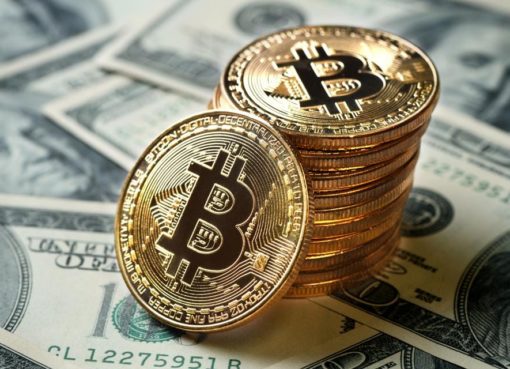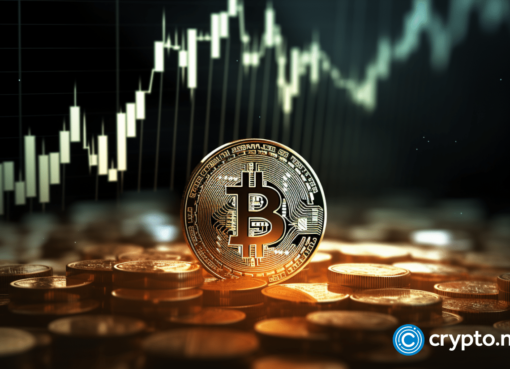Programmers have found a way to replace the core service offerings of Wall Street and an army of corporate lawyers with 800 lines of smart contract code.
The “De” in DeFi stands for “decentralized,” meaning there are no intermediaries in the process. Despite the raw and unpolished user interface, billions of dollars in assets flow through new decentralized apps every day.
We’re only at the beginning of the growing DeFi bubble, and there are already tokens worth more than Bitcoin (BTC). Some of these tokens are nothing more than a name, code and smart marketing. There are shrimp, burger, spaghetti and sushi tokens that have reached sky-high values, and many of these meme tokens even have “sequels.” It is madness in excess of the ICO bubble of 2017.
Can it all be bad or can we use this technology for good?
Anything that can be tokenized can end up on a DeFi application. The pace of development is intense. Every day, new brilliant projects emerge — DeFi could end up being bigger than the internet one day. Anything is possible now.
Peer-to-peer finance has also been operating silently in the background. It offers financial services to people based on real use cases like payments, remittance, wealth preservation and commerce. The people of emerging markets such as Africa and India, for example, seem to benefit most. All DeFi trades are peer-to-peer in nature, as they happen on a blockchain.
Imagine a pure DeFi version where we can bridge fiat money like dollars and all the world’s currencies. Why does the world need this? Remember the frictionless onboarding part? It is actually a huge value add-on because over 40% of the emerging world that we serve cannot provide proper Know Your Customer services, as localized KYC solutions are not well integrated or developed. Furthermore, many people have no ID at all, which is another opportunity to provide financial inclusion to more people.
There are 1.7 billion people who don’t have access to traditional financial services. If Bitcoin is layer one, then DeFi is layer two, and the “people” layer provided by P2P networks is the third layer. This decentralized, people-powered marketplace for money transfers just needs the frictionless onboarding that decentralization brings.
Another huge benefit is the potential for decentralized price discovery. Current decentralized exchanges cannot do this, as they use a price “oracle” from centralized exchanges. However, decentralized people-powered marketplaces could offer a price based on P2P crypto to fiat trades. This can give us the true street price of Bitcoin to the dollar, which is something that would be of enormous value to people in hyperinflationary economies such as Zimbabwe or Venezuela, as people there often have to check many different sources.
Additional price discovery models can be built on top of auction model exchange rules. There is a hidden world-changing product to be found here; price discovery of this nature would become the new standard and potentially tip the scales of geopolitical power.
Remember that we’re in a bubble, but when it bursts, the next Bitcoin bull run will begin, so prepare yourself. As the world plunges into chaos, just remember that “it’s good to be into crypto,” as crypto is the hedge against the world of finance falling apart. Bitcoin and Ether are rock solid because they now serve as real use cases.
DeFi tokens are literally playing with fire, and you might get burned. Those who win this game buy, hold and check the price constantly. Bitcoin will always be the backbone of the crypto economy, and it will grow. And DeFi will finish the job that Bitcoin started.
This article does not contain investment advice or recommendations. Every investment and trading move involves risk, readers should conduct their own research when making a decision.
The views, thoughts and opinions expressed here are the author’s alone and do not necessarily reflect or represent the views and opinions of Cryptox.
Ray Youssef is the co-founder and CEO of Paxful. Aside from making Bitcoin accessible, Ray also launched the #BuiltWithBitcoin charitable initiative that aims to show the humanitarian capabilities of Bitcoin. He’s a New York City native and has been a serial entrepreneur since 2001.



